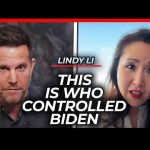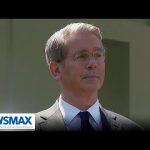President Trump’s decision to pause some tariffs while imposing aggressive new ones on China reflects a strategic shift to stabilize markets and protect American interests. Fox Business’ Charlie Gasparino revealed the move came after Japan and other nations began dumping U.S. Treasury bonds, causing bond yields to spike and signaling eroding global confidence in America’s economic stability. This financial turbulence forced a temporary 90-day halt on certain tariffs to prevent further disruption. At the same time, Trump slapped a 125% tariff on Chinese goods, calling out Beijing’s unfair trade practices and demanding respect for U.S. markets.
The White House’s new approach leans on Scott Bessent, a deal-focused advisor now steering trade policy away from hardline tariff tactics. Gasparino notes this pivot aims to rally international allies and negotiate reciprocal agreements, though short-term challenges loom. Farmers and manufacturers—key parts of Trump’s base—face immediate risks from China’s retaliatory measures, while economists warn of stagflation and market volatility. Critics argue the tariffs could hike consumer prices, but the administration insists they’re necessary to reset global trade dynamics and secure long-term gains.
Gasparino highlights the political calculus: pausing tariffs buys time to broker deals without appearing weak, while the China crackdown reinforces Trump’s “America First” stance. The gamble hinges on whether allies and adversaries alike will come to the table—and whether voters endure the economic pain long enough to see results.




